 Potent, poetic, powerful, told with deep love, and spanning from the Great Migration to the civil unrest of the 1960s to the quest for women’s equality in early 2000s, Denene Millner’s beautifully wrought novel, One Blood, explores three women’s intimate, and often complicated, struggle with what it truly means to be family.
Potent, poetic, powerful, told with deep love, and spanning from the Great Migration to the civil unrest of the 1960s to the quest for women’s equality in early 2000s, Denene Millner’s beautifully wrought novel, One Blood, explores three women’s intimate, and often complicated, struggle with what it truly means to be family.
Continue onwards to read Denene’s beautiful and heartfelt note in honor of National Adoption Month.
Dear Reader,
I discovered my adoption certificate at age twelve, while snooping in my parents’ private papers. Asking questions about it wasn’t an option; I was too shocked and scared to say anything because, well, I had no business peeking into that metal box, for one, and two, saying it out loud would make it an alternate reality I wasn’t ready to dissect or accept.
My parents had kept it a secret. They didn’t intend to tell me about it and leaving it that way just made sense for them, so I made it make sense for me, too. I pushed it deep into the recesses, past thick skin and blood and heart muscle—memory—and became the very fabric of the Millner clan. For the longest time, that was beyond enough.
That changed, though, when I got pregnant with my first baby and the questions started: “What’s your health history?” “Do healthy pregnancies run in your family?” “What’s in your blood?” My doctors wanted details. I couldn’t give them. Suddenly, the information I thought wasn’t important actually was. What and who is in your blood?
That’s an answer I’ll never truly have. The night we buried my mother—she died without knowing I knew about my adoption—my father gave me a small piece of my story, the only piece he knows: Someone had left me, a baby, on the stoop of an orphanage, and four days later, he and my mom went looking for a little girl and found me in a corner crib in the basement, arms outstretched, ready to go. That was the beginning and end of my “birth” story.
Over the years, I’ve used my imagination to fill in that story with color and light and grace: Maybe my birth mother was young and scared and couldn’t fathom raising a baby on her own. Maybe she was forced to leave me on that stoop by a family that refused to support her and her child. Maybe she was in an abusive relationship and feared her baby would get swooped into the violence. There are so many ways that it could have ended badly for me, a defenseless baby. But instead, this woman, this angel, gave me life, and then gave me life again by giving me away.
It was a decision—a beautiful, selfless decision steeped in pain, heartbreak and, yes, love—that I can only understand because I am now a mother who carried her own babies in her womb and couldn’t fathom the strength and courage and resolve it would take to leave my children, my blood, the very beat of my heart, on a stoop for someone else to have.
It is the ultimate sacrifice. A miracle.
It was my mediation on miracles, adoption, motherhood, Blackness, Black womanhood, choices, and blood that led me to One Blood, an epic, fictional story told in three parts, about the connection between three women: a birth mother who had her child taken away; the adoptive mother who raised that child; and the child who is the literal product of the two. In One Blood, I’m exploring how race, culture, history, gender inequality, respectability, marriage, mothering, DNA, hate, and, ultimately, love inform the lives of three women intricately connected by the blessings and curses of motherhood—specifically Black motherhood. This sprawling story, set in the American South during the Great Migration, in New York during the Civil Rights Movement and the fight for the Equal Rights Amendment, and in Brooklyn during the ’90s and early 2000s, with the struggle for work/life balance as its backdrop, is an opus to adoption, birthing, African spirituality, Black healers, Black babies, Black motherhood and Black femininity, and how each of these things can either destroy us or set us free.
I wrote this story because I have many questions and zero answers about my past—because I am curious about it, but also scared of what I will find. Of who I will hurt. I write this story because my birth mother and many more like her deserve context—deserve some color in the stark black- and-white judgment we reserve for women who give their babies away. I write this story for my mother and the Black women of her generation, who were led to believe that their very survival was wholly dependent on their being mothers and wives, and that this should be the sole source of their ambition—even as American racism conspired to stop Black women like my mother from succeeding at those very roles.
Telling this story in this way allows me to air out what all my life has gone unspoken, with the intent of honoring the stories—indeed, the lives and plights—of the Black women in my own life, who represent in no small measure the lives of Black women in general. That my mothers—and Black mothers like them—fought through this gauntlet of heartache, loss, subterfuge, patriarchy, and pain and came out on the other side of it is a miracle. A miracle that warrants exploration.
The word “miracle” is a most appropriate descriptor when I think of my own adoption and certainly the writing of One Blood. Consider the miracle of birth—what it takes for sperm to meet egg and egg to attach to womb and for womb to maintain the absolute perfect conditions for new life and for new life to find its way to loving arms. Now consider the miracle of my particular adoption—what it took for my birth mother to get pregnant and give birth, but also to take this new life and make it so that it could find its way to loving arms. My parents’ arms. The arms of a mother whose blood was not my blood but whose heart connection was so deep, so expansive, so unconditional, so incredibly full, that it created the most perfect conditions for me to be . . . me. Safe. Successful. Happy. Deeply loved. Not by just one mother, but two.
This is a lesson I’ve been learning bit by bit since I was that little twelve-year-old girl stumbling across her adoption papers and keeping the secrets and learning to love wholly, fully, like a mother. I have two moms who adored me. I don’t doubt for a second that I am the lucky one.
Still, I’ll always be led to that burning question: Who is in my blood? How much does it matter? Could those answers get me, a Black woman, free?
This, indeed, is the intent of One Blood: to help us get to the miracle of freedom.
One Blood is available now!
opens in a new window opens in a new window
opens in a new window opens in a new window
opens in a new window opens in a new window
opens in a new window opens in a new window
opens in a new window


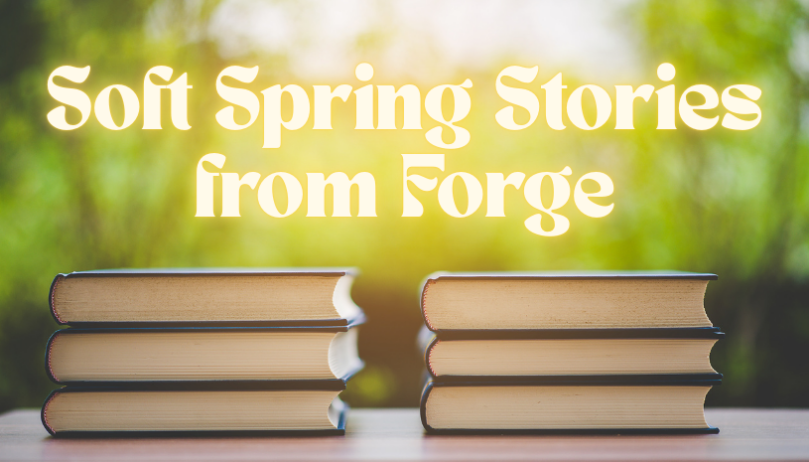
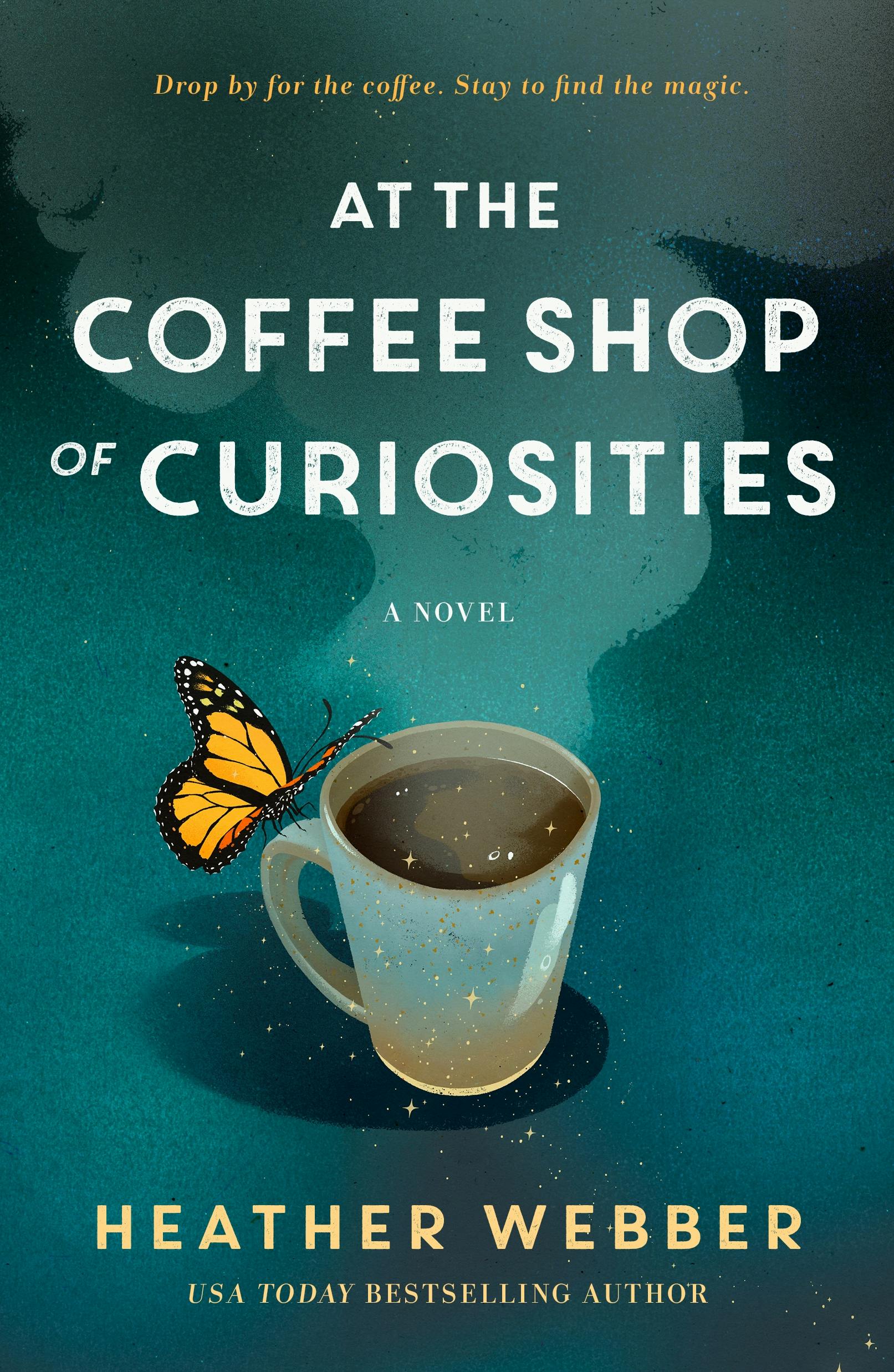
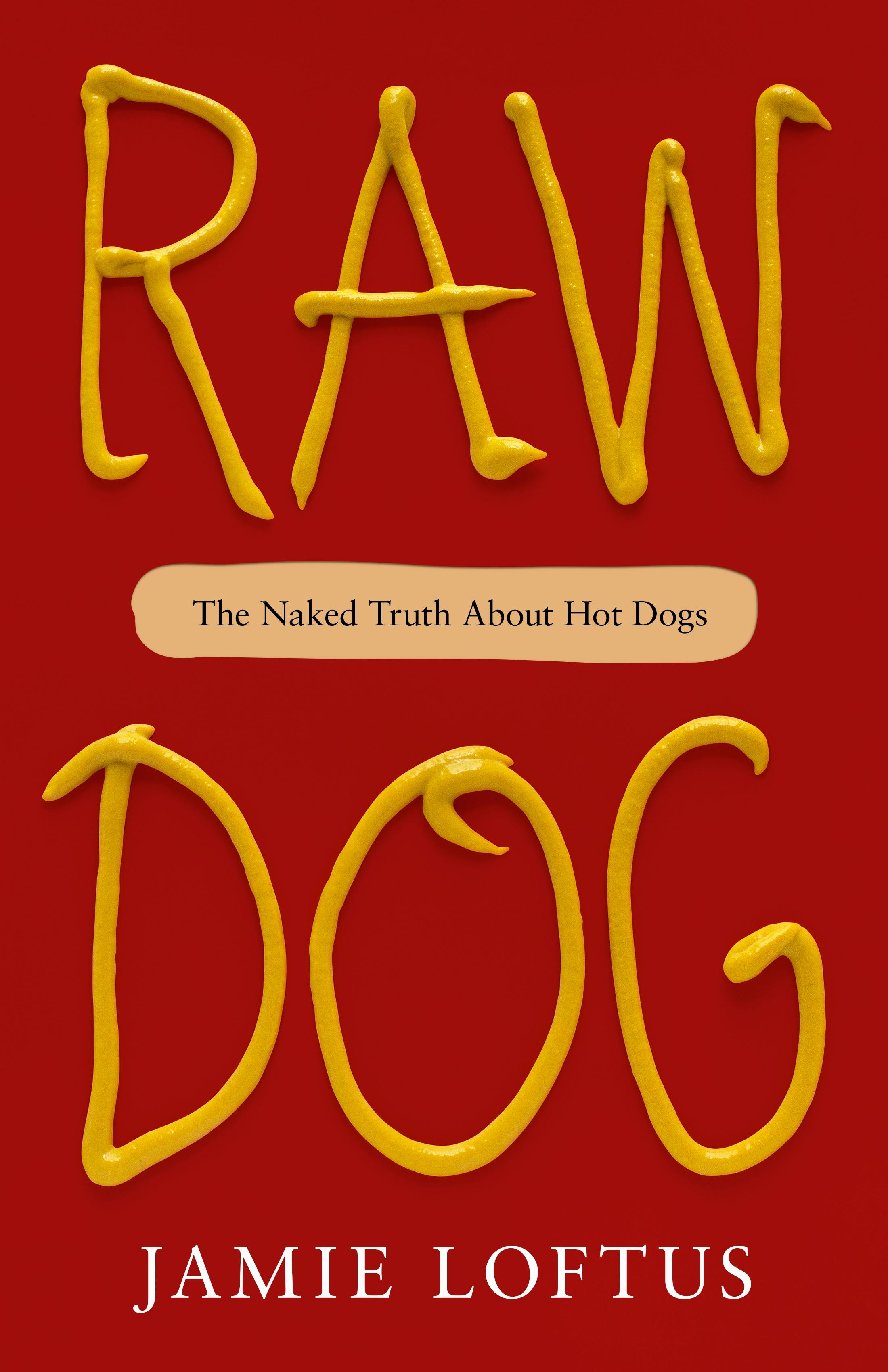

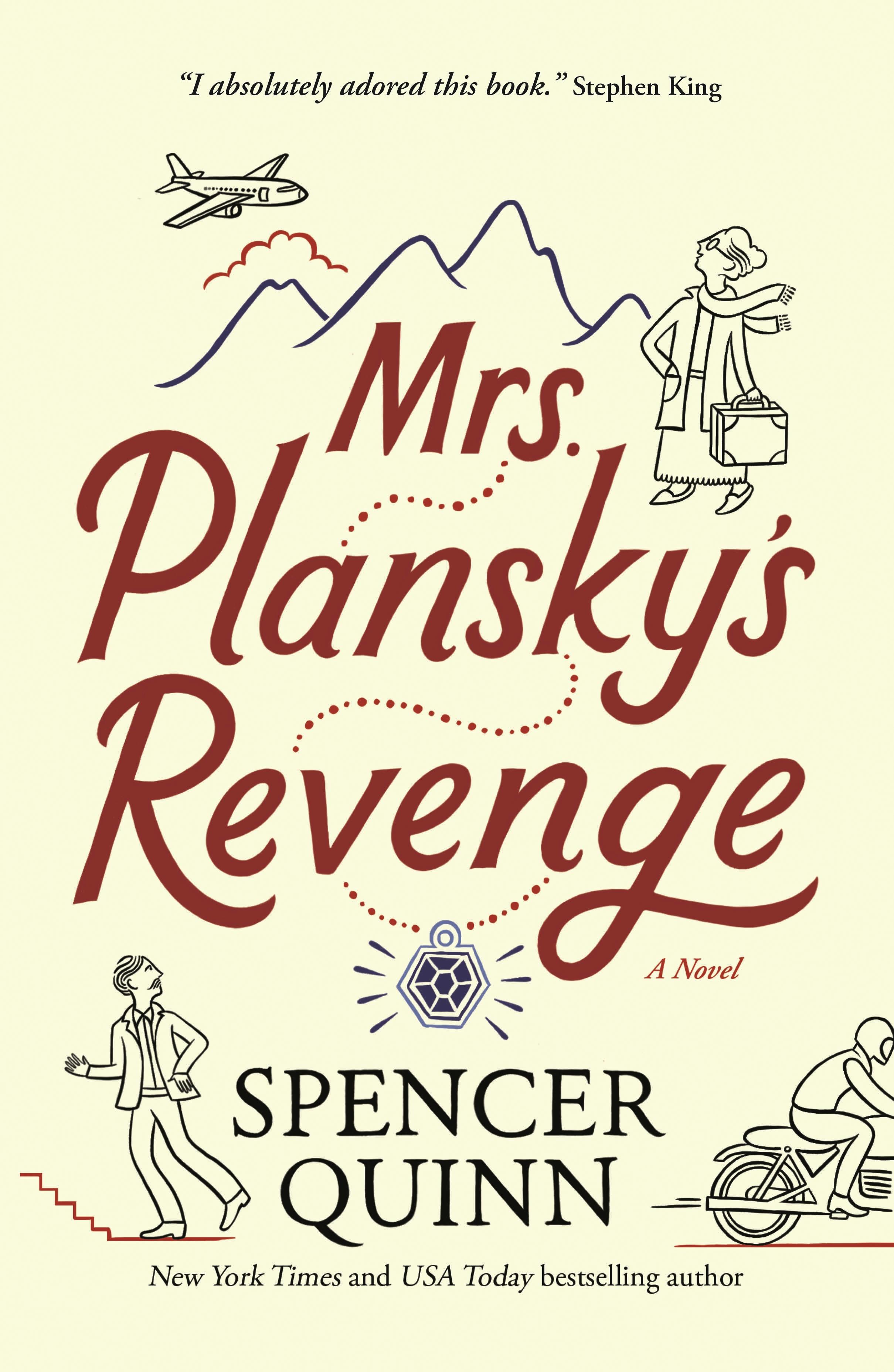
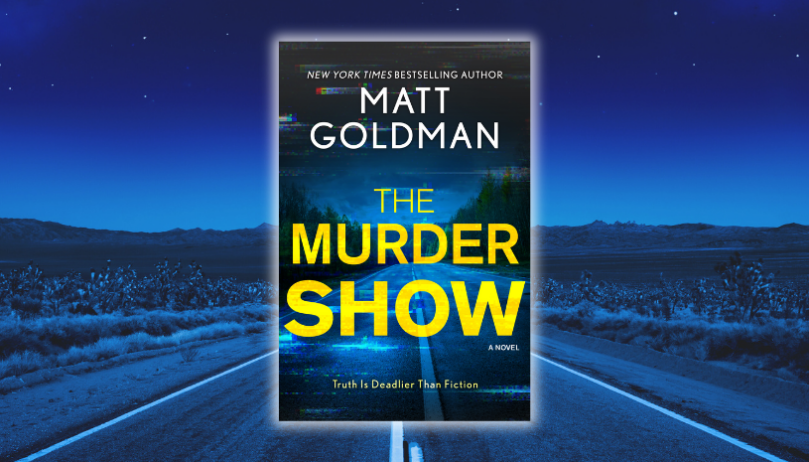














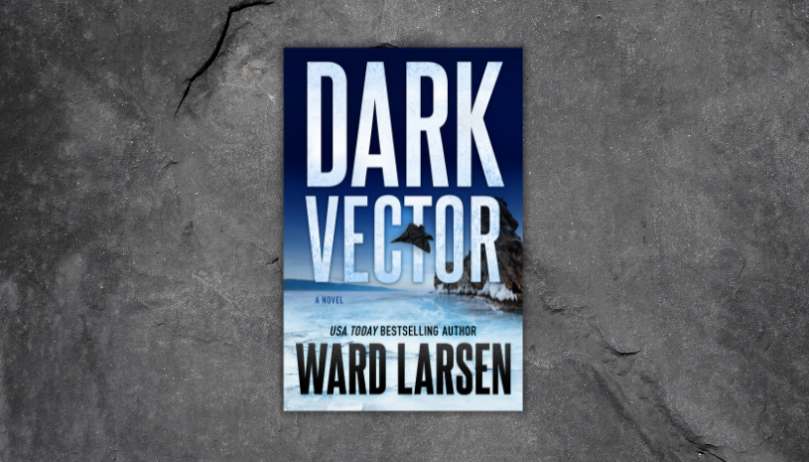
 The first book in a blockbuster new series from USA Today bestseller, Ward Larsen!
The first book in a blockbuster new series from USA Today bestseller, Ward Larsen!















